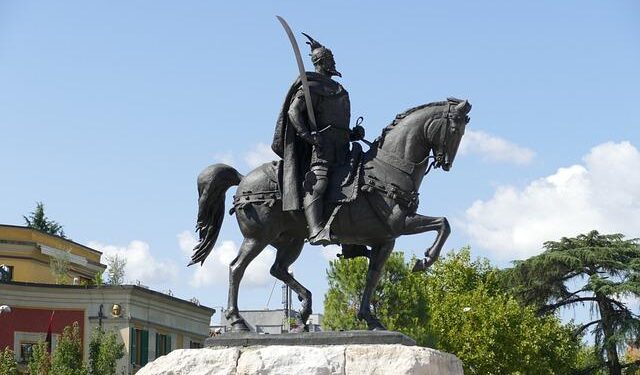As Albania gears up for a pivotal election period, the political landscape has become increasingly charged with tensions surrounding freedom of expression. Recent protests led by opposition groups have erupted in response to the government’s controversial decision to impose a ban on TikTok,stirring allegations of censorship and undermining democratic processes. Critics argue that the restrictions are not merely a means to control content but rather a strategic maneuver to stifle dissent and manipulate public discourse ahead of the elections. This article delves into the motivations behind the protests, the implications of the TikTok ban, and the broader context of media freedom in Albania as citizens strive to voice their concerns amidst an evolving political environment.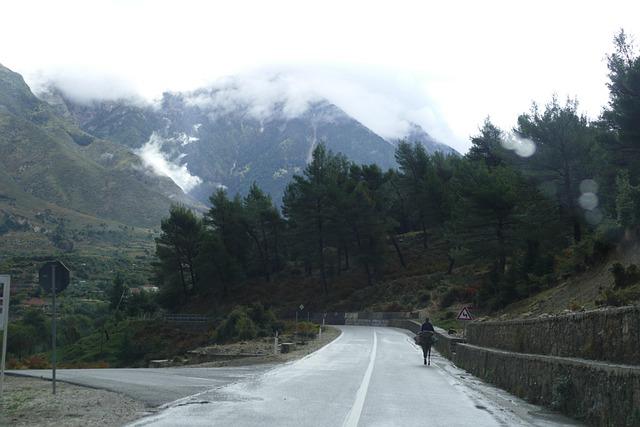
Albanian Opposition Voices Discontent Over TikTok Ban Amid Election Season
The recent decision to ban TikTok in Albania has sparked significant backlash from opposition leaders, who claim that this move is a blatant attempt to stifle free speech and manipulate public opinion as the nation gears up for elections. Critics argue that restricting access to popular social media platforms hampers the ability of political groups to communicate with voters and engage in meaningful dialogue. they emphasize that TikTok has become a vital tool for political expression, particularly among younger demographics, who increasingly rely on digital platforms for data and activism.
As protests organize across major cities, opposition voices are calling for a more open and inclusive political landscape. They outline several key grievances regarding the TikTok ban:
- Violation of Rights: allegations that the ban impinges on constitutional freedoms.
- Lack of Transparency: Questions surrounding the government’s motives behind the ban.
- Impact on Campaigning: Concern over diminished outreach capabilities for opposition parties.
In response, supporters of the ban argue that it is a necessary measure to protect national security and prevent misinformation. However, with tensions rising ahead of the election, the situation has sparked a national discussion about the balance between security and civil liberties.

Censorship claims: how the TikTok Ban Reflects Broader Concerns
The recent protests by the albanian opposition against the government’s TikTok ban reveal a much deeper societal unease regarding freedom of expression and digital rights.As the country approaches a pivotal election, these protests spotlight allegations of state-controlled censorship aimed at manipulating public discourse. Critics argue that banning popular social media platforms is not just a measure against potential misinformation, but a strategic maneuver to limit political dissent and stifle opposition views. Key points of concern include:
- Suppression of political discourse: The ban may inhibit the opposition’s ability to communicate with young voters.
- Impact on freedom of speech: Activists view this as a threat to civil liberties and fundamental rights.
- Control over information dissemination: Authorities could leverage such bans to guide media narratives.
Moreover, the TikTok ban raises fundamental questions about the future of digital platforms in democracies. While proponents of the ban argue it is necessary for maintaining public order, critics assert that such unilateral actions set a worrying precedent. In an era where digital engagement is pivotal for political mobilization, the implications of this ban could resonate far beyond immediate electoral consequences. The following table highlights legal frameworks and public reactions related to censorship in key democratic nations, providing context to the Albanian scenario:
| Country | Legislation Status | Public Sentiment |
|---|---|---|
| Albania | Proposed Ban on TikTok | Majority Opposed |
| USA | Ongoing debates on TikTok bans | Divided Opinion |
| India | Banned TikTok since 2020 | Generally Supportive |
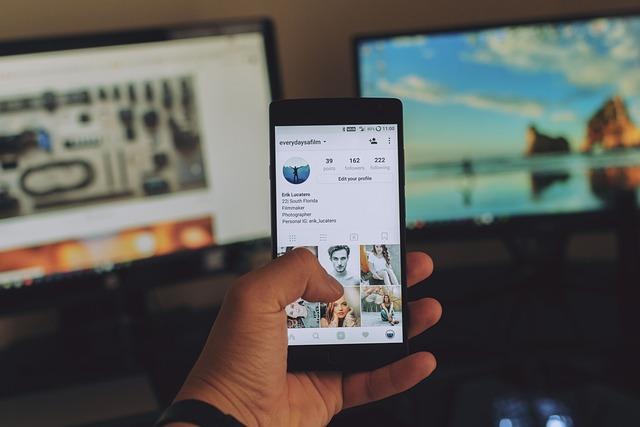
impact of Social Media Restrictions on Democratic Processes in Albania
The recent protests from the Albanian opposition over the governmentŌĆÖs decision to ban tiktok point towards significant implications for the nation’s democratic landscape. As social media becomes an essential tool for political engagement and mobilization, restrictions on platforms like TikTok can stifle free expression and limit public discourse. This move has raised concerns about government censorship, as many see it as an attempt to silence opposition voices ahead of the upcoming elections.When citizens are denied access to platforms that serve to connect them with alternative viewpoints, they risk becoming alienated from the democratic process itself.
The impact of these restrictions can be multi-faceted, affecting not only political debates but also the way information flows within society.Key issues include:
- Erosion of Public Trust: When people perceive that the government is manipulating dialogue channels, their trust in democratic institutions wanes.
- Polarization of Opinions: Restrictions can exacerbate divisions, creating echo chambers where dissenting voices struggle to be heard.
- Disruption of grassroots Movements: tiktok and other platforms have enabled rapid association and support for political movements, making their suppression particularly damaging.
Moreover, a breakdown in communication avenues diminishes civic engagement, particularly among younger voters who heavily rely on social media. As shown in the table below, the demographic of TikTok users in Albania reflects a significant portion of the electorate that could be disenfranchised:
| Age Group | Percentage of TikTok Users |
|---|---|
| 18-24 | 40% |
| 25-34 | 25% |
| 35-44 | 15% |
| 45+ | 20% |
This demographic breakdown underscores the urgency for policymakers to consider the ramifications of their decisions and to protect avenues for political expression. As the protests continue, the call for an open dialogue on the role of social media in democracy remains critical.
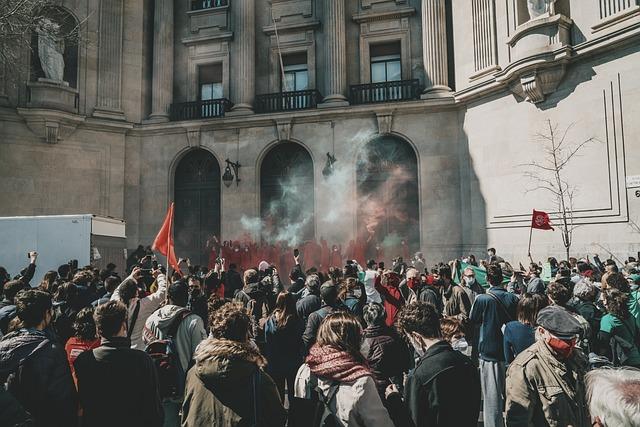
Protests Spark National Debate on Free Speech and Digital Rights
In a bold display of dissent, opposition leaders in Albania have taken to the streets to condemn the government’s recent ban on TikTok, framing it as an infringement on essential freedoms. the protests, which have attracted significant public support, hinge on the belief that such a ban is not merely a regulatory action but a strategic move to stifle political discourse ahead of the upcoming elections. The demonstrators argue that digital rights are integral to modern democracy, contending that social media platforms serve as crucial outlets for free expression and civic engagement.
The backlash against the TikTok ban has spurred a wider conversation about the balance between regulation and free speech in the digital age. Many advocates have raised concerns about the implications for users’ rights, emphasizing the need to protect open communication on platforms that are increasingly shaping public opinion. As the dialogue evolves, several key points have emerged:
- Vocal Opposition: Many political figures are demanding transparency and accountability from the current regime.
- Public Engagement: Citizens are encouraged to voice their opinions about governmental restrictions on digital platforms.
- Policy Implications: The protests may influence future legislation surrounding digital rights and media freedom.
| Aspect | Details |
|---|---|
| Issue | TikTok Ban |
| Response | Nationwide Protests |
| focus | Free Speech & Digital Rights |
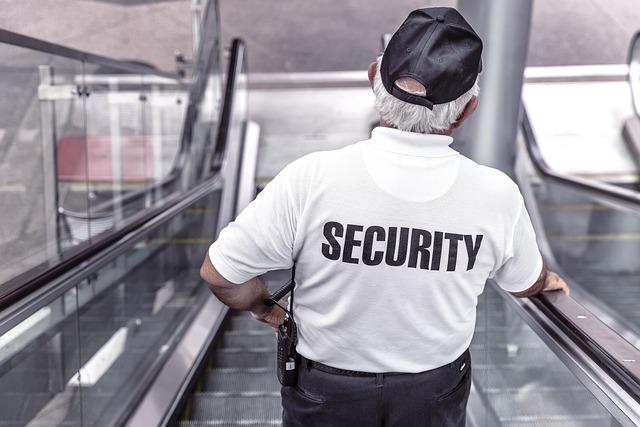
Recommendations for Balancing Security and Freedom in Social Media Policies
In crafting social media policies, it is essential for authorities to strike a careful balance between the pillars of security and personal freedoms. To achieve this equilibrium, decision-makers should consider the implementation of guidelines that clearly define acceptable conduct while safeguarding users’ rights. These frameworks might include:
- Transparency Measures: Policies that offer insights into the reasons behind content moderation or bans can help build trust with users.
- community Engagement: Involving users in discussions about policy changes creates a sense of ownership and accountability.
- Regular Reviews: Periodically assessing the impact of policies helps to ensure they remain effective and relevant without overreach.
Furthermore, when addressing national security concerns, it is vital that governments harness data and privacy protections to bolster user confidence. Collaborative efforts between tech companies and regulatory bodies can lead to thorough security strategies that respect civil liberties. Key components of such initiatives could include:
| Strategy | Description |
|---|---|
| Decentralized Reporting | Users can report issues independently, which disperses authority and minimizes bias. |
| Educational Campaigns | Informing users about their rights and online safety contributes to an informed community. |
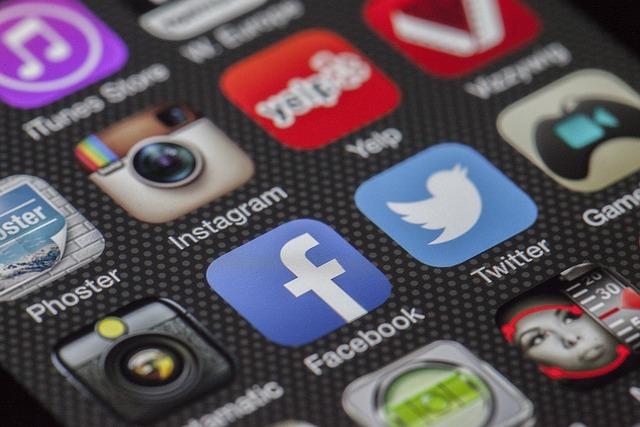
Global Perspectives: Analyzing Similar Cases of Social Media Censorship Worldwide
The recent ban on TikTok in Albania has ignited a fierce debate around social media censorship in the lead-up to the country’s electoral process. The opposition party has accused the government of using this ban as a tactic to suppress dissent and manipulate public discourse.This scenario mirrors various instances globally,where governments have employed similar strategies to silence critical voices,particularly during politically sensitive times. Countries like Turkey, China, and India have demonstrated how social media platforms can be tightly controlled to manage narratives and undermine opposition forces, raising critical questions about freedom of expression and the role of technology in democratic processes.
In examining these global trends, it becomes clear that social media censorship can take various forms, including outright bans, throttling of internet speeds, and surveillance of online activity. Key similarities include:
- A tendency to attribute bans to national security concerns
- The timing of restrictions often coinciding with elections or protests
- Public outcry and organized resistance from civil society groups
To better understand the impact of such bans, a comparative analysis might reveal the consequences on public engagement and voter behavior across different nations. The table below highlights examples where social media restrictions occurred during crucial political events:
| Country | Event | Type of Censorship |
|---|---|---|
| Turkey | 2013 gezi Park Protests | Twitter ban |
| China | 2019 Hong Kong Protests | Platform shutdowns |
| India | 2020 Farmer Protests | Internet throttling |
future Outlook
the Albanian opposition’s protests against the recent TikTok ban highlight significant concerns over censorship and the potential implications for free speech in the lead-up to crucial elections. As demonstrators gather to voice their discontent, the issue transcends mere social media access, raising fundamental questions about the role of government in regulating digital platforms. With the political climate heating up, the response to this ban could set a precedent for how digital expression is governed in Albania and may influence voter sentiment leading into the elections. As the situation develops, both national and international observers will be watching closely to see how the Albanian government navigates these challenges and what it means for the future of democratic engagement in the country.


